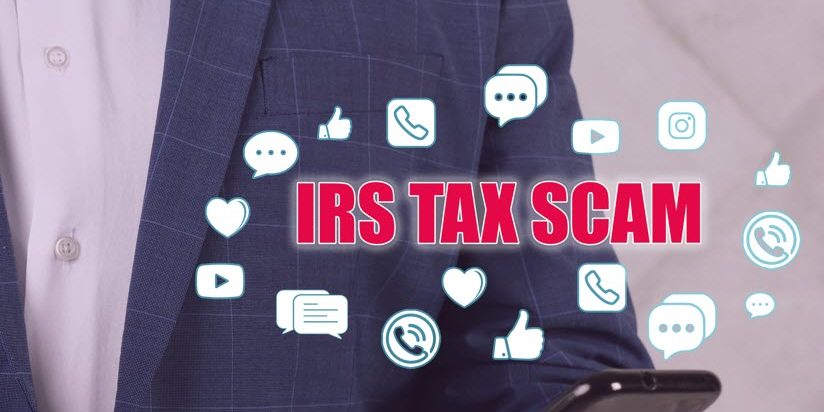Tax Scams: What you need to know.
Each year, scammers come up with new and creative ways to scam taxpayers. Here are a few of the most common tax scams that have been circulating recently, and tips on how to avoid them:
- Phishing scams: In this scam, fraudsters send emails or text messages claiming to be from the IRS or other tax-related organizations, and ask for personal and financial information. To avoid this, never click on links or download attachments from unknown or suspicious sources. The IRS never initiates contact with taxpayers via email or text message.
- Impersonation scams: In this scam, scammers call taxpayers and claim to be from the IRS, demanding payment for back taxes, fines or penalties. To avoid this, never give out personal or financial information over the phone. If you receive a call from someone claiming to be from the IRS, hang up and call the agency back using the number listed on its website to verify the caller’s identity.
- Fake charities: Some scammers set up fake charities, claiming to be collecting donations for a good cause. To avoid this, always research a charity before making a donation, and use caution when giving to organizations you’re not familiar with.
- Return preparer fraud: Some tax return preparers engage in fraud by inflating deductions or claiming fake credits, resulting in larger refunds. To avoid this, choose a reputable and qualified tax preparer, and never sign a blank tax return.
- Employment scams: In this scam, scammers claim that individuals can change their immigration or citizenship status by paying a fee. To avoid this, never trust individuals who promise to change your immigration status for a fee.
If you receive any type of suspicious communication related to your taxes, it’s best to contact the IRS directly or your tax preparer to verify the legitimacy of the request before providing any information or payment.







